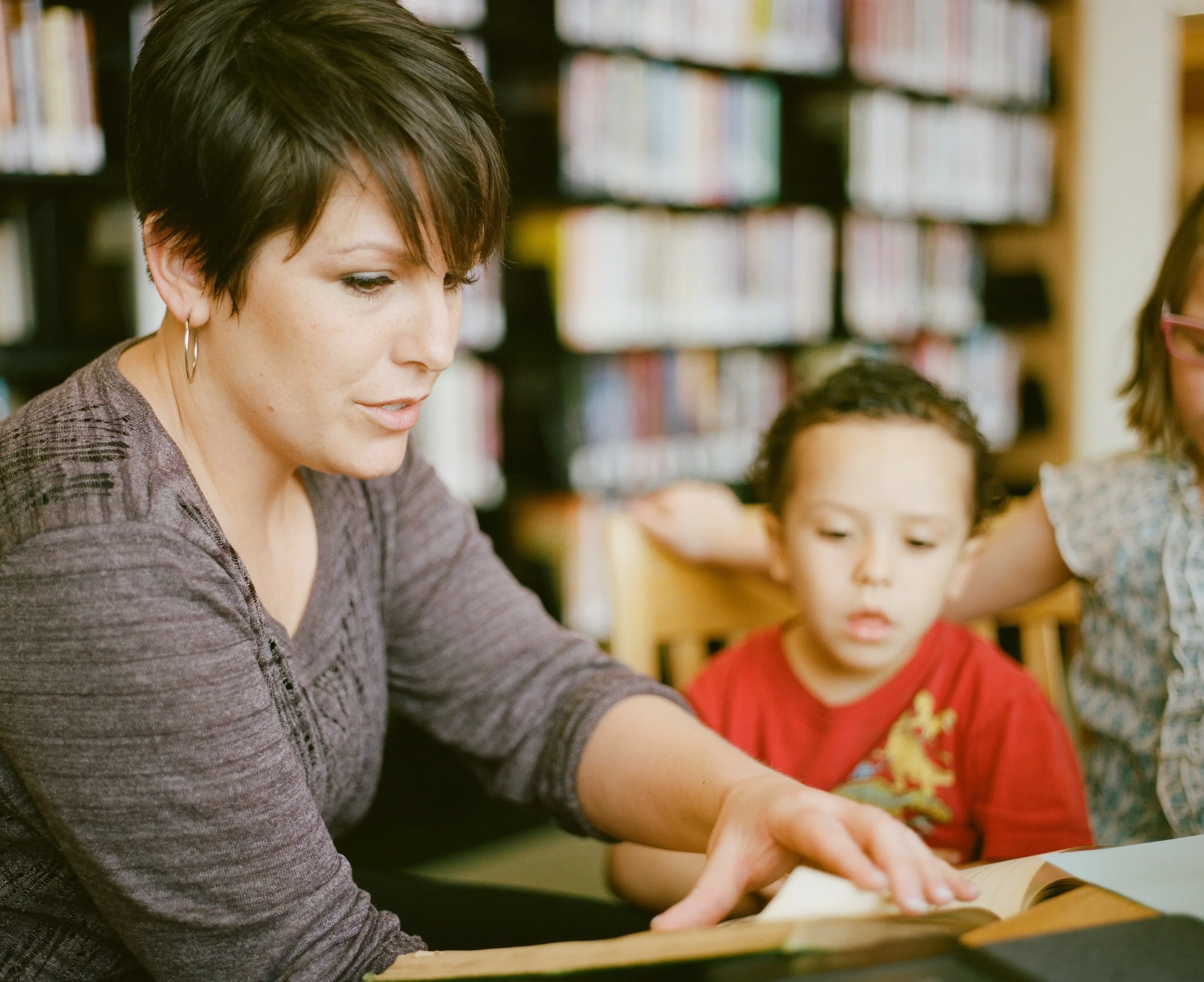In Anti-Poverty Week @AntiPovertyWeek it is worth reflecting on what lessons can be learnt from the experiences of, and government responses to, the COVID-19 pandemic – particularly in relation to mental health, financial stress and income support. One key question is whether the Australian Government's Coronavirus Supplement, a temporary income support payment for unemployed jobseekers during the height of COVID-19, protected mental health. This question is investigated by Life Course Centre @lifecourseAust Research Fellow Dr Ferdi Botha @FerdiBotha_MI of the Melbourne Institute: Applied Economic & Social Research @MelbInstUOM. This article was originally published in Austaxpolicy: Tax and Transfer Policy Blog.
Read MoreThis year, Anti-Poverty Week @AntiPovertyWeek (16-22 October 2022) is calling on Australia to legislate a plan to halve child poverty by 2030 to meet our commitments to the UN Convention on the Rights of the Child and the UN Sustainable Development Goals. Here, Life Course Centre @lifecourseAust researchers present 5 big ideas to help make this happen.
Read MoreThe Australian Government recognises the current Census questions on cultural, ethnic and racial identity are inadequate. So what might better Census questions look like? And how would more comprehensive data on Australia’s ethnoracial diversity help to better address underlying social and economic inequalities? In Anti-Poverty Week (@AntiPovertyWeek), Life Course Centre (@lifecourseAust) researcher and sociologist Dr Rennie Lee (@Rennie_Lee) at The University of Queensland, and colleague Professor Farida Fozdar, sociologist at Curtin University, examine this important data collection issue that is vital for government policymaking.
Read MoreThis year marks the 20th year of Australia dedicating a week to act on poverty and Anti-Poverty Week 2022, 16-22 October (@AntiPovertyWeek) is calling on our Parliamentarians to legislate a plan to halve child poverty in Australia by 2030. To achieve real change, Life Course Centre (@lifecourseAust) researchers Dr Alice Campbell (@ColtonCambo) and Professor Janeen Baxter (@JaneenBaxter7) highlight the prevalence of single parent families in poverty and the need for targeted supports.
Read MoreAeryn Brown is a JobSeeker recipient from Tasmania. They authored the below open letter to social security minister Amanda Rishworth as part of the Break the Poverty Machine week of action, which will be held to mark the International Day to Eradicate Poverty on 17 October – one week ahead of the federal budget. People on low incomes and supporters can get more information and register to participate in the #BTPM protest (either online or in person in Adelaide) here: btpm2022.eventbrite.com.au
Read MoreMarina is one of nearly 900 000 Australians who are either unemployed or underemployed and who receive either Jobseeker Payment or Youth Allowance. This open letter is to Amanda Rishworth, Minister for Social Services in preparation for an upcoming “raise the rate” protest hosted by the Anti-Poverty Centre and the Australian Unemployed Workers’ Union on International Day for the Eradication of Poverty.
Read MoreMarcella Brassett from Democracy in Colour argues the national anti-racism strategy cannot be just another tick-a-box, saying “Black, Indigenous and People of Colour (BIPOC) have done our bit for diversity and inclusion ‘way out’ for white people with power. We need to act on every level to make Australia a safe place to live, work, build families and futures for everyone, not just Anglos.”
Read MoreToday’s piece explores the possibility of a uniquely Australian approach to stewardship in public policy informed by First Nations ways of knowing. It is by Andrew Morgan, who is a Sir Roland Wilson Scholar at ANZSOG and the Crawford School of Public Policy at ANU, with contributions from Craig Ritchie and Lisa Conway.
Read MoreThis article by Jennifer Browne (@DrJennBrowne), Jill Gallagher (@jillgal11942623) and colleagues demonstrates how to adopt a strengths-based approach in research about First Nations children’s health, and also shows us how to write about research in a strengths-based and respectful way. Their research highlights the links between physical health and social/emotional wellbeing, and individual health and community wellbeing. Originally published in The Conversation.
Read MoreToday’s blog post from Myfan Jordan (@myfan_jordan) of Grassroots Research Studio follows last week’s article describing workplace experiences for women over 40 during the pandemic: Pandemic or endemic: older women and the toxic workplace. Today, we hear the experiences of a disability educator and a healthcare worker during the pandemic. In their own words, they tell us of the psychological health and safety risks they experienced working at the frontline.
Read MoreIn today’s post, originally published in The Conversation in August, Michaela Lang, Rob Raven and Ruth Lane from Monash University discuss findings from research on how landlords make decisions that affect the energy efficiency of their rental properties. They argue that change is urgently needed to ensure Australians from all walks of life can live in comfortable, healthy and climate-resilient homes. And they call on governments to emphasise comfort and other benefits for tenants when introducing new energy-efficiency policies and incentives.
Read MoreAmid increasing debate about which school systems work, Professor Philip Parker discusses if stratifying schools by achievement is harmful and how PISA data can help us tell.
Read MoreMany women who experience family violence, many reach out to a healthcare professional. In today’s analysis, Dr Joyce Chia (@JoyceKWChia), Policy & Advocacy Lead at Health Justice Australia (@HealthJusticeAu), asks how we can better equip the health system to respond to violence against women and children. Health Justice Australia is a national not-for-profit centre of excellence that supports the expansion and effectiveness of health justice partnerships.
Read More




















